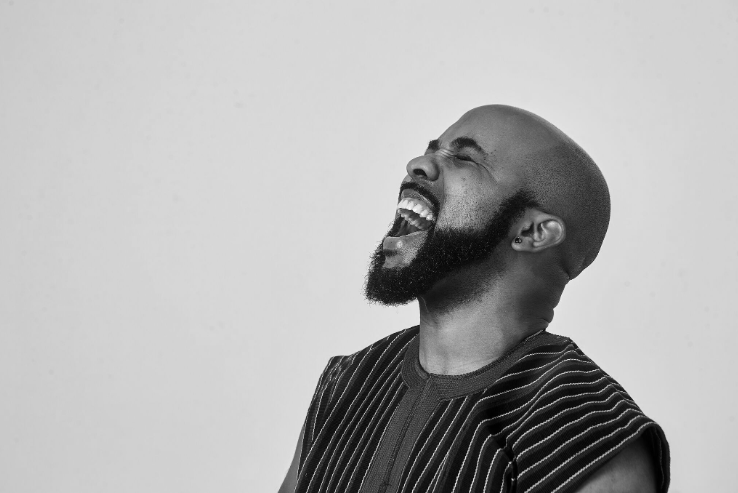
On September 26, 1999, Barack Obama formally declared his intention to run for the United States Congress at the Palmer House, a historic hotel in Chicago. “I’m not part of some long-standing political organization,” Obama said at the kickoff rally. “I have no fancy sponsors. I’m not even from Chicago. My name is Obama. Despite that fact, nobody sent me,” he said, “The men on the corner in Woodlawn drowning their sorrows in alcohol … the women working two jobs … they’re all telling me we can’t wait.” Obama lost the election.
Last November, at the Landmark Centre in Lagos, Bankole Wellington graced a stage and announced his intention to run for the Eti-Osa Federal House of Representative seat. “We need someone to stick out their neck and pave the way,” he said, at the time. Until young people decide to stop being noisy spectators and mutate into shareholders in their own destiny, Mr Wellington implied, “nothing will ever really change”. Last month, Mr Wellington lost the election.
Both men’s political trajectories, at least at the time of their first political defeat, are different. Obama started as a community organizer in South-side Chicago working with clergymen and community activists, before heading to Harvard Law, where he emerged as the first black president of the Law Review. His appeal was his complex, multiracial history and a suave, charming personality that sought to iron out contesting philosophies in a quest for the truth. When he lost, he was already a member of the Illinois Senate.
Mr Wellington’s political credentials are relatively less exciting. He has participated in nonpartisan political rallies and given speeches directed at getting more Nigerians involved in the affairs of government. In 2012, he participated in New York’s version of the Occupy Nigeria protest. But he is more popular for his music and the business empire built around it. His loss was his first foray into politics.
But this is where the differences collide. Obama was an outsider when he contested for Congress, same as Mr Wellington. In 1999, he lost to Bobby Rush, a former member of the Black Panther who was closer to the civil rights movement than Obama could ever claim; Chicago’s political machine was attuned to Rush. Besides, Obama was “an awkward, if earnest, novice” political candidate, David Remnick, who has written an epic biography of the man, says. He was too lawyerly, too professorial, too pedantic and a “little condescending at times”. Despite his good intentions or profile, he just couldn’t connect with the mass of voters. But that didn’t stop him from preaching his message, which was that it was possible to do things in a different way.
Mr Wellington’s loss at the polls has similar features. He is not part of the political establishment and he contested on the platform of the Modern Democratic Party (MDP), a political machine that is just only growing some teeth. But these outsider qualities, too, did not stop Mr Wellington from preaching his gospel of ‘new ways and new thinking’ across communities in his constituency and winning a good number of votes.
A few weeks ago, just before the elections held, I attended a town-hall meeting at Victoria Garden City, where Mr Wellington addressed a group of about fifty people. He was donning a red buba and sokoto, a cross chain and a leather watch matched with a pair of casual footwear. “We believe that when we finally stand together and do something with one voice, then we are stronger than any bank account or political father,” he said at the meeting.
He had the mien of a bible study preacher, making references to scripture and narrating countless stories laced with judgment and salvation. “We are here as a community because we deserve to be,” he said. “We are as much to blame as the people we are criticizing because we are not paying attention . . . this is the time for our generation to stand up. And that’s what inspired me to run for office.”
Meanwhile, while Obama has most likely reached the zenith of his political career, Mr Wellington has just begun his. They both started as underdogs, but will the younger man emulate the Hawaii-born orator by contesting again? (Obama eventually won the Congress seat in 2004) It appears so. In a video posted on Twitter after the elections, Mr Wellington said: “It’s only failure when you stop trying and battles are only lost when you stop fighting . . . I hope we remember what we said all along, that no matter the outcome, election was not our finish line, it was only our starting point.” That’s what Obama did. He showed up, again. ✚
Elusoji is part of the editorial team at the Question Marker.


